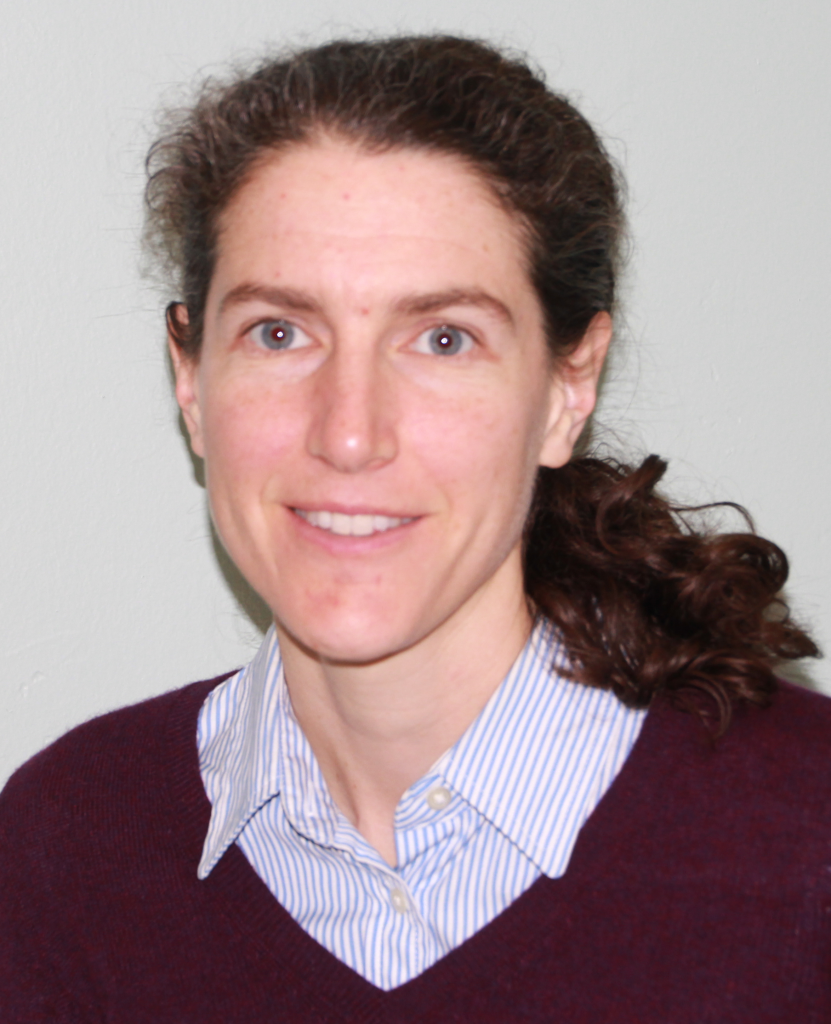This user has not added any information to their profile yet.

I am a nutrition scientist investigating dietary influences on sleep. The main goal of my research is to increase our understanding of how sleep regulation responds to the regulation of other physiological needs, and to apply these new insights to the optimization of diet and lifestyle choices in support of healthier sleep.
Sleep propensity is determined in the brain, primarily according to the current balance of signals representing sleep need and circadian timing. But the timing and intensity of sleepiness can also be influenced by a variety of other factors, such as acute danger, chronic stress, illness, and other external environmental cues or internal physiological needs. In particular, evidence indicates that sleep-wake regulation is coordinated with the regulation of other essential behaviors that, at times, require wakefulness — such as breathing, drinking, eating, foraging, and thermal adjustment — so as to enable animals (including humans) to simultaneously maintain all aspects of physiological homeostasis. The neural systems that control sleep evolved sensitivity to certain indicators of physiological state, presumably because a fitness advantage is conferred by prioritizing wakefulness when waking behaviors are needed and prioritizing sleep when they are not.
My research focuses on the physiological influences on sleep that are modifiable by diet, such as those related to appetite, energy balance, and metabolic regulation. Modern diets often differ dramatically from the diets our ancestors evolved fitness for — in ways that can alter the functioning of diet-sensitive physiological systems with possible effects on sleep. Some specific examples of factors related to the regulation of appetite or energy metabolism that have been shown to influence sleep under certain circumstances can be seen in the effect of low glucose levels to trigger awakenings in diabetics, the disturbed sleep exhibited by underweight anorexics, and the postprandial satiety-induced sleepiness that many people can experience after eating a rich meal. I’m working to document these types of diet-modifiable effects on sleep and demonstrate how they can best be managed so as to help optimize healthy sleep and prevent or mitigate sleep disorders.
Education: I have a Ph.D. in nutritional biology from the University of California, Davis (UC Davis).

